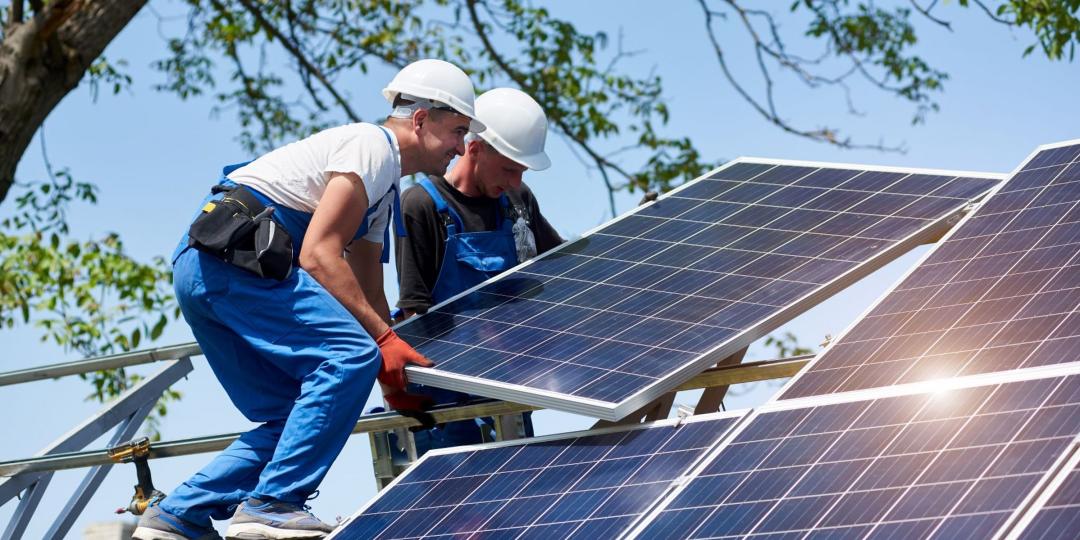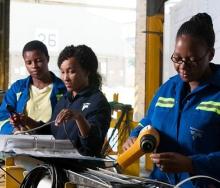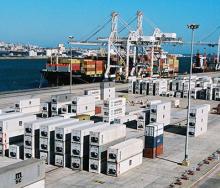Small businesses and households would receive assistance from the government to install solar power on their premises to mitigate the rising cost of electricity, President Cyril Ramaphosa announced this week.
Writing in his weekly newsletter, he said Eskom’s latest 18.65% tariff hike had come at an “extremely difficult” time for citizens and businesses already contending with the high costs of fuel, food and other essential goods.
“It is in this context that I made a call last week for the Eskom board to consider measures that can help to mitigate the impact of the 18.65% increase from an implementation timeframe point of view,” Ramaphosa said.
The National Energy Regulator of South Africa (Nersa) recently approved the latest tariff increase, which takes effect on April 1.
“Tariffs that reflect the cost of producing electricity are necessary for Eskom’s financial sustainability and for the utility to be able to service its debt and to undertake the critical maintenance that is needed to end load-shedding.” Ramaphosa said.
“Yet, there is little doubt that increasing the price of electricity now, at this challenging time, will add to the difficulties South Africans are facing. Rising food and energy prices are fuelling a cost-of-living crisis around the world, and the poor are being hardest hit.”
He said local food prices had increased on average by 12% over the past year.
“This is the problem we face: we have to ensure that Eskom has the resources it needs to resolve the electricity crisis while protecting South Africans from the effects of higher prices.”
He said the government would continue to implement policies and measures to mitigate the hardship being experienced by vulnerable citizens.
“Since the earliest days of democracy we have implemented a policy of free water and electricity for indigent households. The free basic electricity allowance, if implemented properly by municipalities, should shield the poorest households from the effect of the tariff increase. We remain absolutely committed to this policy,” Ramaphosa said.
“Government is considering additional mechanisms to address the rising cost of electricity. These include measures such as helping households and small businesses install solar power and energy-saving devices, supporting households with rechargeable lights, and working with learners to catch up where load-shedding interrupts lessons. We should be able to provide further information on these and other initiatives in the coming weeks.”
Referring to the culture of non-payment that has left some municipalities with billions of rands in debt to Eskom, he urged citizens to pay for the electricity they use.
“We can only improve and expand the provision of electricity and other basic services if government, and municipalities in particular, have the means to do so. Non-payment and illegal connections make electricity provision more expensive and less reliable.”













